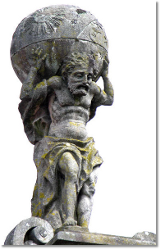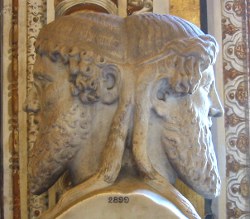Christians and Mythology (Part 4: More Benefits)

Read the series.
This essay continues the previous post in which I began a list of benefits of studying mythology.
4. Learning to supplant
Not everyone will agree with my argument in Part 2 that redemptive analogies help pagan cultures adjust to the message of the gospel. James Davidson Hunter’s recent book To Change the World is just one example of how Christians have developed allergies to “redeeming culture” terminology. And speaking of Paul at Mars Hill, Russell Moore of Southern Baptist Theological Seminary writes,
Yes, Paul takes note of the altar to the unknown god, and yes, he quotes pagan poets. But in neither case is he “building a bridge”…. Paul does not find in the [Greek] poets some form of “redemptive analogy” he can use among a people who don’t acknowledge the authority of Scripture. He uses them to demonstrate that Athenian philosophy and culture are self-contradictory…. The poets lead him not to finding “common ground” with his hearers but to calling them to repentance on the basis of a scripturally revealed storyline of humanity.1
But this sounds like an either/or distinction that I think gives an incomplete picture. Yes, Paul preached the resurrection of Jesus. But he also used recognizable cultural mentifacts2 that the Greeks could relate to. This both/and construction is simply acknowledging that Paul called the Greeks to repentance by means of a language with which they were familiar.


 Read
Read 

Discussion